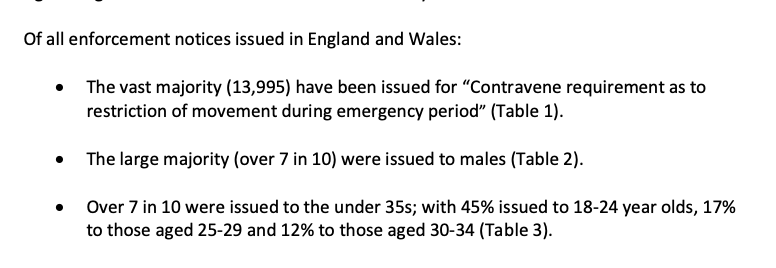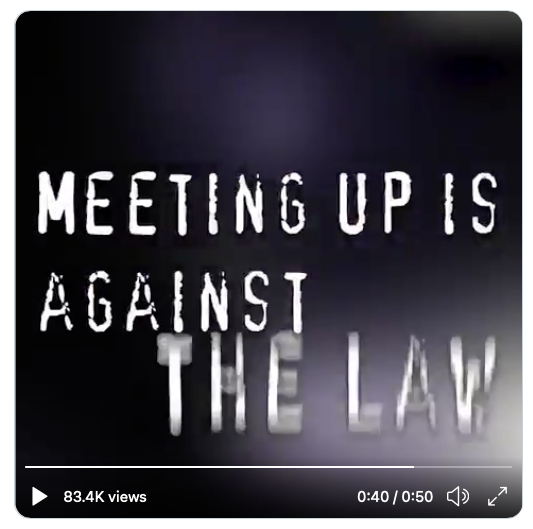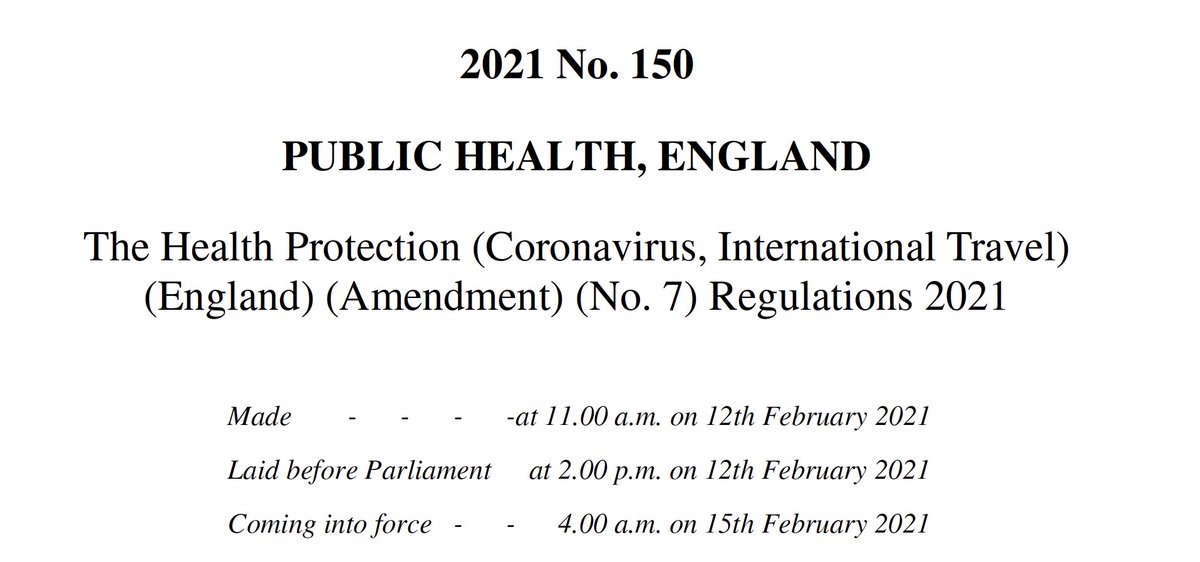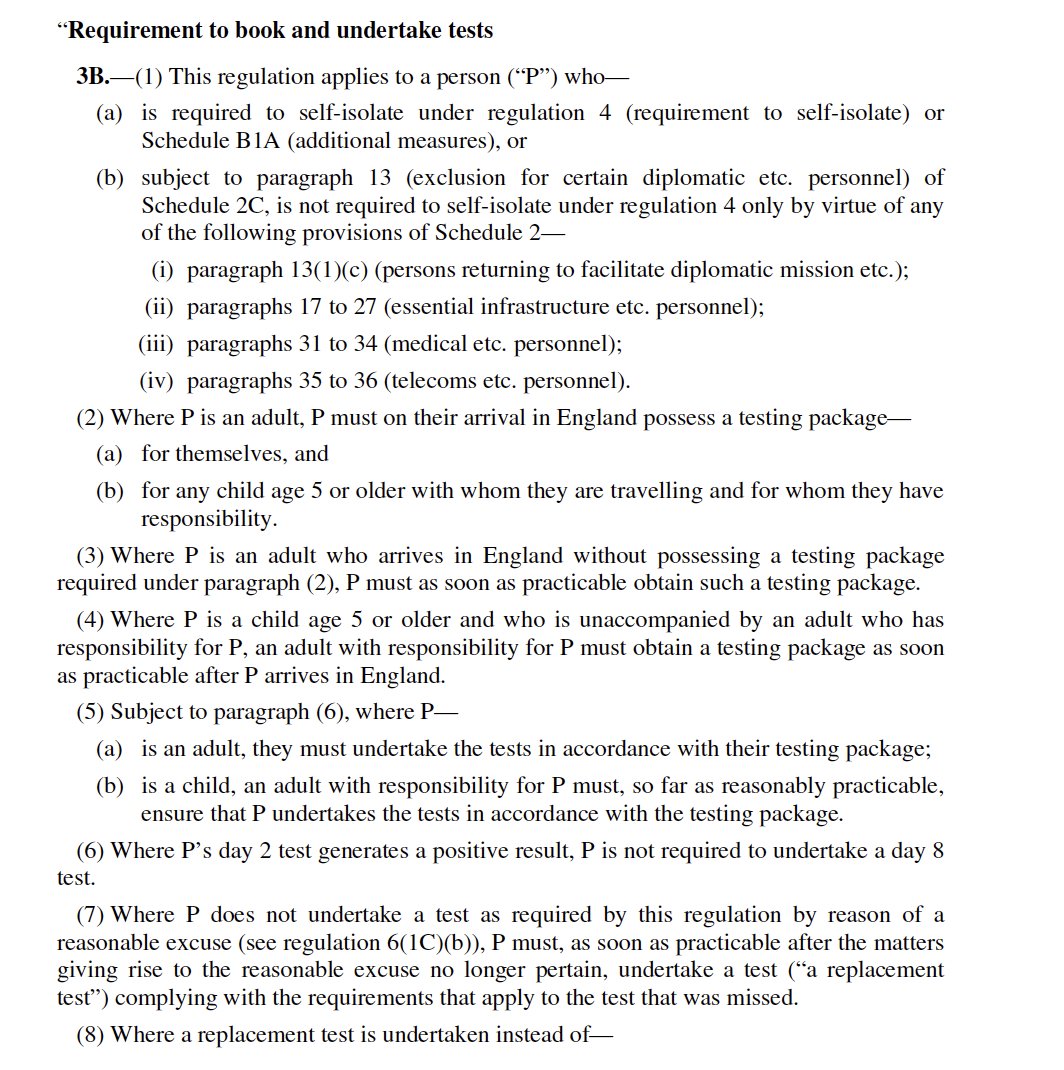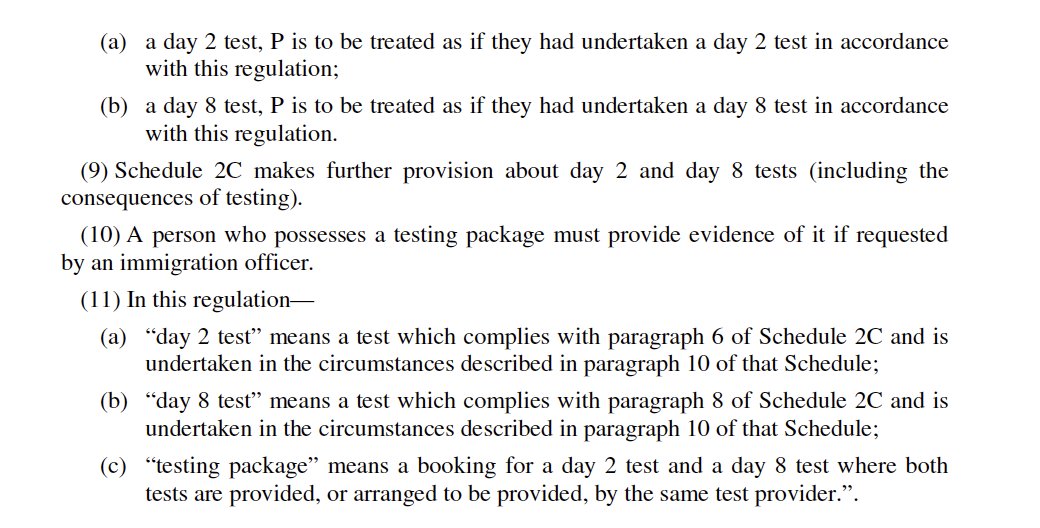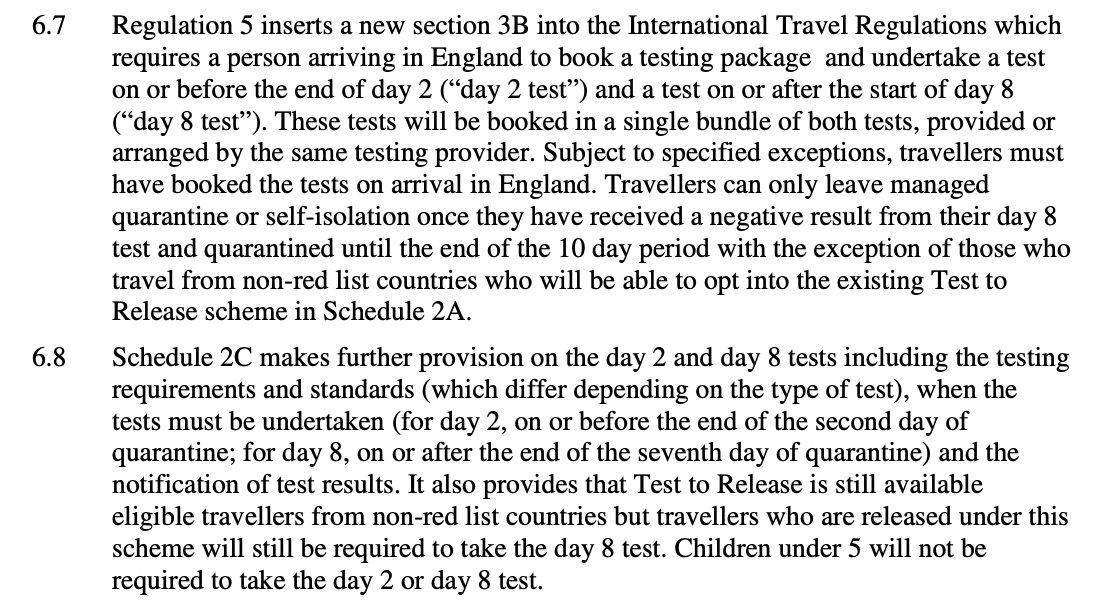
Why is the Shamima Begum judgment troubling?
This is hardly the first time that the courts have said the Secretary of State should be given the benefit of the doubt on judgments national security.
But...
This is hardly the first time that the courts have said the Secretary of State should be given the benefit of the doubt on judgments national security.
But...
The courts (and the Human Rights Act) are supposed to be a safety net to temper executive power.
And that is particularly important when political decisions are taken at the expense of an individual's rights because the person is unpopular and the decision is therefore popular.
And that is particularly important when political decisions are taken at the expense of an individual's rights because the person is unpopular and the decision is therefore popular.
You may say Sajid Javid had only security motives when stripping Begum of her citizenship.
But consider, for a moment, if he did not.
What check and balance is in place to ensure she has a fair chance of revealing that?
But consider, for a moment, if he did not.
What check and balance is in place to ensure she has a fair chance of revealing that?
The protection of the courts is even more important when protecting the rights of a citizen of the state they have jurisdiction over.
Not because citizens are morally more important, but because there may be no other court who has jurisdiction to defend the person's rights.
Not because citizens are morally more important, but because there may be no other court who has jurisdiction to defend the person's rights.
In Begum's case, we see the possibility of untempered political power.
A citizen's very citizenship is taken away despite being born here.
They have no other citizenship.
So our courts become the final - and only remaining - protector
A citizen's very citizenship is taken away despite being born here.
They have no other citizenship.
So our courts become the final - and only remaining - protector
The courts then have a grave responsibility to protect that person's rights, as there is no one else to do it.
But what if they are in a place they cannot claim their rights?
And the Secretary of State has washed their hands of them?
But what if they are in a place they cannot claim their rights?
And the Secretary of State has washed their hands of them?
And the Secretary of State relies on national security to prevent that person from returning to attempt to vindicate those rights?
And the courts say that national security is a black box which the courts must not attempt to open except in extreme circumstances?
And the courts say that national security is a black box which the courts must not attempt to open except in extreme circumstances?
You may think any one of those steps is reasonable, but taken together they give the Secretary of State almost ultimate power over that individual's future.
You may think a woman who took a decision as a child to do something terrible deserves the exercise of such power.
You may think a woman who took a decision as a child to do something terrible deserves the exercise of such power.
But if you have a inkling that there may be two sides to the argument, it is essential that the courts do everything they can to hear both sides.
That was the basis of the Court of Appeal's decision that she should return - now overturned.
That was the basis of the Court of Appeal's decision that she should return - now overturned.
People will make up their minds, and may already have done so, but as I said, the combination of the power to remove citizenship, and dictate the possibility of a fair appeal against that decision, is a lot of power for the Secretary of State to have over one life.
These kind of cases are inevitably about one set of facts but they can be the thin end of a wedge.
We see that in the way 10 years of national security cases involving 'secret courts' have led to this decision (those cases are cited in the decision)
We see that in the way 10 years of national security cases involving 'secret courts' have led to this decision (those cases are cited in the decision)
Other citizens might reasonably wonder what would happen if they or someone they knew had their citizenship removed and were unable to explain to a court why that decision was wrong.
Others will think this could never happen to them.
Others will think this could never happen to them.
"It has always been one of the pillars of freedom, one of the principles of liberty for which... we are now fighting... judges are no respecters of persons and stand between the subject and any attempted encroachments on his liberty by the executive" - Lord Atkin in Liversidge
"I view with apprehension the attitude of judges who on a mere question of construction when face to face with claims involving the liberty of the subject show themselves more executive minded than the executive." - Lord Atkin
Thanks to everyone who has shared this thread - I should have done this originally but here are the press summary and judgment if you want to read more:
Judgment (PDF) supremecourt.uk/cases/docs/uks…
Press summary (PDF) supremecourt.uk/cases/docs/uks…
Judgment (PDF) supremecourt.uk/cases/docs/uks…
Press summary (PDF) supremecourt.uk/cases/docs/uks…
If you want to hear more about the Liversidge case I quoted (Lord Atkin) from this post by @davidallengreen is excellent
https://twitter.com/davidallengreen/status/1365597341164711939
• • •
Missing some Tweet in this thread? You can try to
force a refresh


